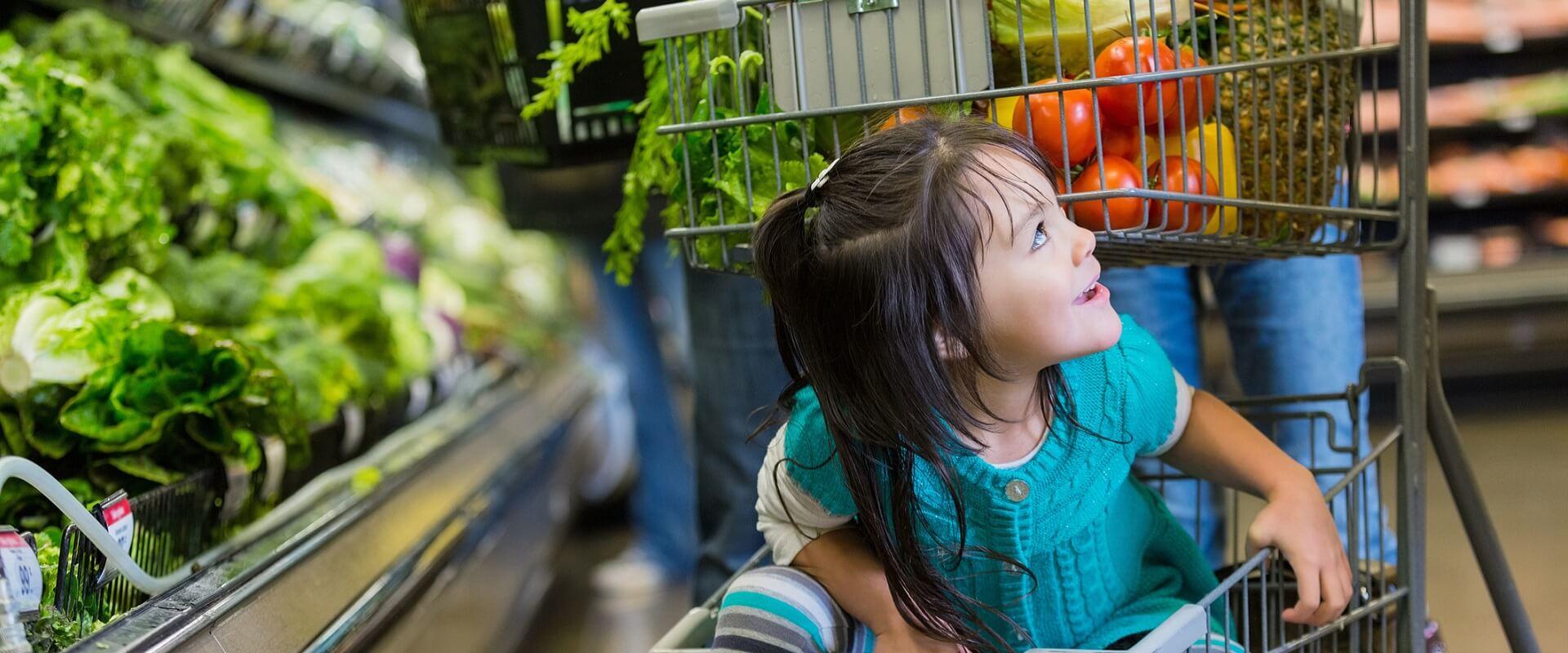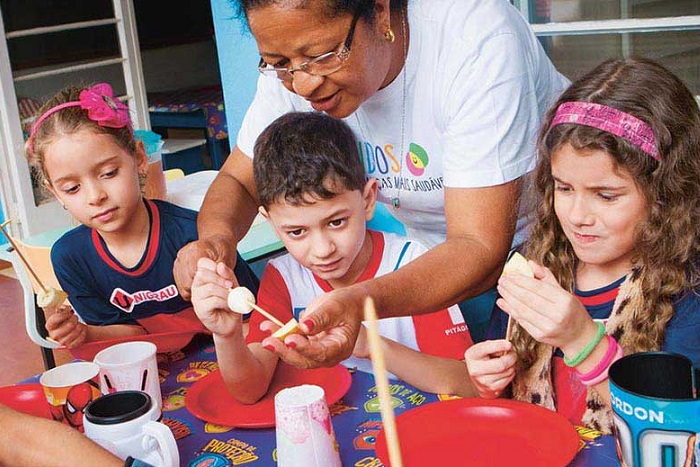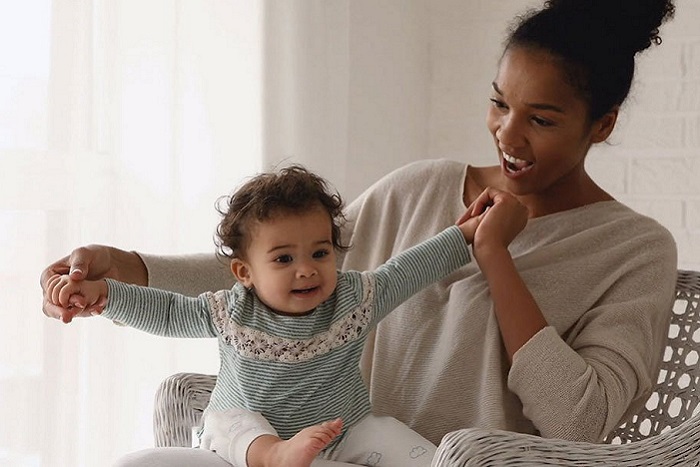Responsible marketing and advertising to children

Our goal is to help consumers achieve a healthy, balanced diet. And we see responsible marketing and advertising as essential to achieving that goal.
Over time, as science and research have given us greater understanding of the complex relationship between diet and health, our marketing and advertising policies have evolved.
In 2002, our Communications Principles set out strict standards for marketing to children. We strengthened those principles in 2008 and again in 2018 with the Nestlé Marketing Communication to Children Policy (PDF).
We've also signed up to external pledges including:
- International Food and Beverage Alliance commitments
- the EU Pledge and
- local pledges in the countries where we operate.
We apply the UK Government's nutritional profiling model. This means that we carefully consider the placement, content and execution of the advertising of foods considered high in fat, sugar and salt (HFSS) to avoid targeting children under the age of 16 in the UK.
We closely follow UK advertising codes. Our messaging goes through stringent approval processes to ensure that it encourages healthy and discourages unhealthy consumption and lifestyles. The portions we depict in our advertising closely follow our portion recommendations.
We don't use licensed characters, such as super-heroes or well-known cartoon characters, on HFSS products. We use some brand characters which have been around for more than 50 years, but we restrict this to the packaging only, and we do not create new brand characters for HFSS products. We do not allow marketing of our HFSS products in primary or secondary schools, or 200 metres from the gates of schools, nurseries, playgrounds and the likes of places aimed at children
Any gifts, toys, premiums or giveaways for HFSS products must appeal to the person who controls access to them. Their messaging must provide clear educational value and encourage a healthy lifestyle.
For digital media, we set targeting at 18+ through the Demand-side Platforms (DSPs) and age gate at 18+ on social platforms. In digital media all 'Unknowns' are excluded in our advertising. To keep to a high standard of our policy, we carefully review the websites where our brands will or will not appear. In advertising environments that are seen by children, such as YouTube, we have content exclusions to separate our advertising from children on the platform. Nestlé has a 3rd party verification tool for placements to monitor and ensure adherence to the policy.
We recognise responsible marketing is broader and goes much deeper than advertising. We are looking at what else we can and need to do to continue to hold ourselves to high standards and be truly responsible and clear in our communication and marketing, particularly of those more sensitive or indulgent products in the absence of regulations.
You may also be interested in
-
Responsible advertising to children Find out more about our global commitment on responsible marketing to children.Read More
-
Responsible marketing in the early years Nutrition is a vital element of caring for infants and children, and we have an important duty to play our part responsibly when we are talking to parents, retail partners, healthcare professionals, regulators, suppliers and to government about it.Read More
-
Marketing infant nutrition: getting it right Breastmilk is the best start for an infant and we are committed to promote, protect and support breastfeeding.Read More

